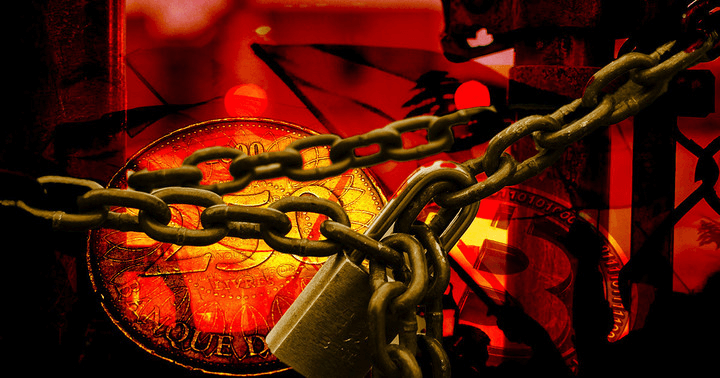 Lebanese people turn to crypto, decentralization as banks close down indefinitely
Lebanese people turn to crypto, decentralization as banks close down indefinitely Lebanese people turn to crypto, decentralization as banks close down indefinitely
Due to the economic crisis in the country, all banks in Lebanon closed indefinitely starting from Sept. 22.

Cover art/illustration via CryptoSlate. Image includes combined content which may include AI-generated content.
The Association of Banks in Lebanon (ABL) announced an indefinite closure of all banks in the country on Sept. 22, as depositors are becoming aggressive about withdrawing their funds.
Meanwhile, young Lebanese people are turning to crypto to escape the financial crisis, which has been driving adoption higher since 2021.
Due to the economic crisis, the government restricted access to the deposited funds and closed all the banks for a week on Sept 16.
The news was also shared on Twitter by Binance’s CEO, Changpeng Zhao. Zhao’s tweet collected hundreds of replies cheering for the ownership and decentralization of crypto, which prevents it from closing altogether like the banks in Lebanon.
Banks in Lebanon closed until further notice.https://t.co/ssa8jVjtvV
— CZ 🔶 Binance (@cz_binance) September 21, 2022
Financial crisis
The country has been going through a financial crisis since August 2019, which worsened with the pandemic and the Beirut explosion in 2020. The International Monetary Fund estimated Lebanon’s loss to be around $83 million in 2020 and proposed a recovery plan for the nation.
According to Reuters, the Lebanese pound fell to $15,000 on the parallel market by September 2021 from around $1,500, which was the pegging rate at the beginning. This caused depositors to withdraw money despite significant losses, which caused banks to suspend withdrawals.
Crypto in Lebanon
Like the residents of most countries that face similar financial challenges, the Lebanese also turned to crypto for salvation. A 31-year-old crypto user who lost thousands to the falling Lebanese pound told Reuters:
“It’s funny when people say crypto isn’t real because what we found out in Lebanon is that this digital currency is 100 times more real than the lollars we have in the bank,”
Currenty, Lebanese crypto exchange is done via peer-to-peer (P2P) trades. Crypto enthusiasts in the region use websites, Telegram, and Whatsapp channels that match buyers and sellers to trade crypto.
The overall trade amount varies between hundreds and thousands of dollars, and the middlemen take a cut between 1% and 3% as a commission for conducting the exchange.
The nation’s young generation is leading the crypto revolution in the country. After experiencing so much trouble with the failure of the centralized financial system, which led to losses and confiscation, Lebanese citizens started to value decentralization and ownership more than anything else.
A 34-year-old crypto enthusiast admitted that he was excited about the growth of crypto in Lebanon. He said:
“Personally, I’m in it for the revolution… I can be the custodian of my money and have it in my pocket on my phone,”




 Arkham Intelligence
Arkham Intelligence 

 Farside Investors
Farside Investors 
 CryptoQuant
CryptoQuant 
 CoinGlass
CoinGlass 




























































































